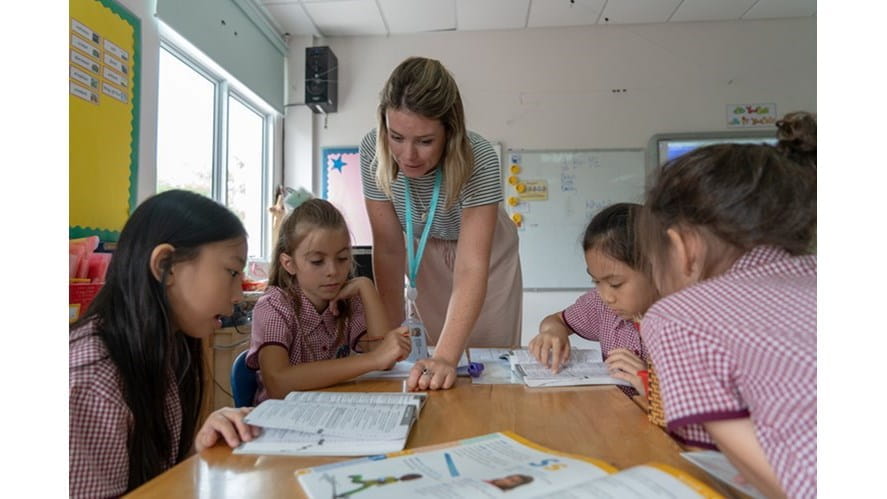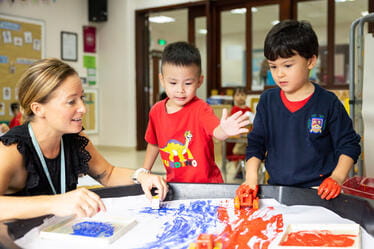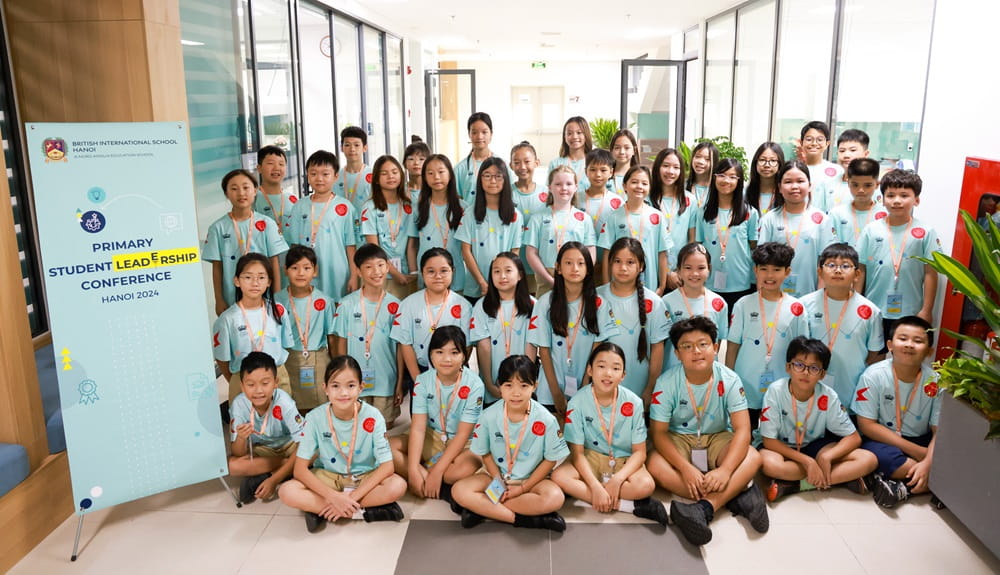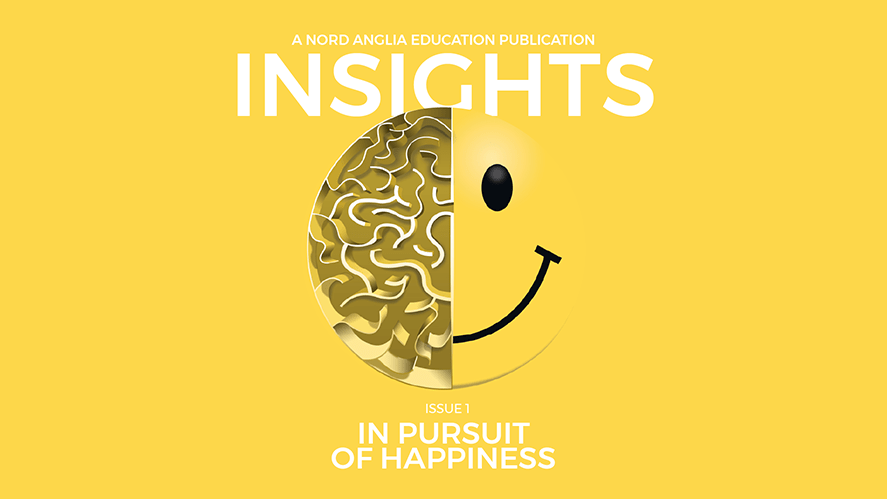Developing fluency in English at BIS Developing fluency in English is of great importance at BIS
Developing fluency in English is of great importance at BIS
Dear Parents,
At BIS, we are ambitious for ourselves and others therefore our highly motivated staff are continually seeking to improve their skills. I would like to outline some of the training which has taken place over the summer in preparation for the year ahead.
TESMC (Teaching English as a Second Language in the Mainstream Classroom)
For teachers and teaching assistants, one of the main whole school developments is to make our lessons even better for students for whom English is an additional language. With this in mind, all our class and subject teachers either have, or will go through, an intensive course of 25 focused hours, in addition to researching and practical activities, leading to an official qualification known as TESMC. We are already noticing that lessons are being specifically planned with EAL students in mind which is enhancing learning for all students including those for whom English is a first language.
English or Home Language in the Classroom?
Parents often question the use of spoken English in the school and how we prevent children from speaking in their home language. Developing fluency in English is of great importance at BIS: all of our lessons are delivered in English (apart from Vietnamese, Korean and MFL lessons) and we prepare students to be successful in the IGCSE and IBDP exams which are also in English.
This August, our TESMC coordinator, Ms Rojas, and our English teacher, Mr Hoare, delivered a professional development session for all staff. The question of whether there is a place for a student’s home language in school was explored. Translanguaging is way of learning which can incorporate both English and a student’s home language. Used in a very structured way, students are able to explore concepts in greater depth by short bursts of discussion in their home language. They would then present their answers in English. Through this method, a student with very little English is able to make valuable contributions to the lesson and hence develop better learning of the concepts being taught. Teachers agreed that students must be very clear about when it is alright to speak their own language and with this in mind we have designed our very own translanguaging symbol shown below. When this is showing on a presentation slide, the students know their home language is acceptable.

There are also English only zones which include corridors, canteens and the library. These will be identified through the use of posters as shown below.

Improving Spoken English
In addition to staff training, all teachers are considering how spoken language can be further improved across the school. Structured public speaking programmes and the setting of specific targets are just two of the methods you may see if you visit a classroom. All classrooms will have a visible English Board with a specific learning target which aims to address common ‘bad habits’. If you have browsed our choice of ECAs for this term, you will have noticed the following being offered: two Debating Clubs, Drama, Performance Poetry, Model United Nations, Presentation Club and Secondary Production. All of these are great opportunities for your child to practice using correct English confidently. We even have a club for parents to practice English conversation in the library with Ms. Hull and we hope that this will be popular again this year.
Ms Sue Hill, Principal








